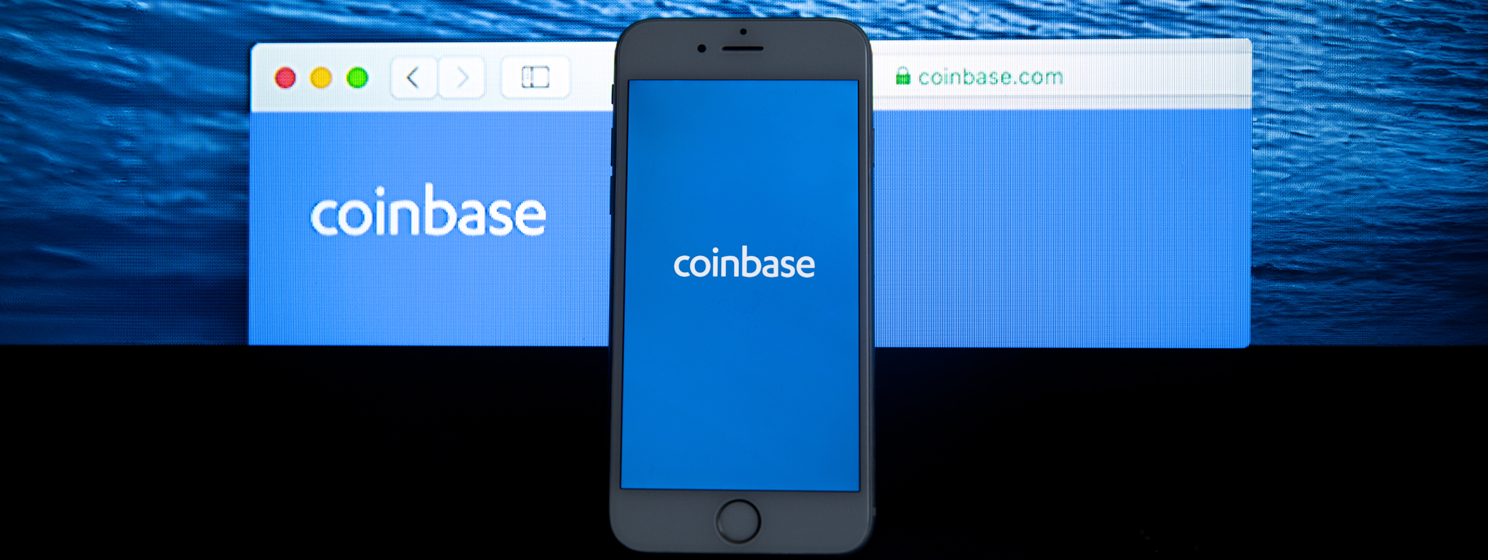|
Getting your Trinity Audio player ready...
|
The central bank of Latvia is offering free pre-licensing consultations to VASPs seeking to apply for licenses ahead of the looming Markets in Crypto Assets (MiCA) framework that takes effect next year.
As a member of the European Union, Latvia will be covered by MiCA, which takes effect on December 30, 2024. The framework has already massively affected the digital asset industry, with stablecoins the most impacted, as issuers are now required to obtain a European license before serving EU residents. Circle was the first to obtain this license over a month ago.
However, the comprehensive implementation starts in 2025, and Latvijas Banka has volunteered to help local VASPs prepare.
“Experts at Latvijas Banka will offer guidance on the applicable regulations and required documents and will conduct an initial assessment of the company’s compliance with regulatory requirements,” said the bank.
The central bank will not charge for the consultations, which are easy to arrange and a VASP can schedule as many meetings as it deems necessary. They are meant to help companies prepare high-quality license applications with a higher approval chance.
Latvijas Banka has also drafted a comprehensive guide on what to consider when reviewing VASP applications and a detailed classification of digital assets under the upcoming MiCA framework.
With a GDP of $40 billion, Latvia is third from the bottom in the rankings of EU economies, ahead of Cyprus and Malta.
However, with MiCA, the tiny Baltic nation can compete with the developed economies as the framework allows VASPs to be registered in any jurisdiction. They then use the EU passporting mechanism to serve the rest of the region. As such, if Latvia proves to be the easiest to obtain a license, VASPs could easily migrate to the country.
Latvia joins a host of countries that have ramped up preparations for implementing MiCA. Switzerland’s FINMA updated its stablecoin rules a month ago, upgrading issuers into financial intermediaries, which came with stricter regulations.
In most nations, the regulatory duties have been split between the financial watchdog and the central bank, with the latter focusing on stablecoin issuers, who are now regarded as financial institutions. Countries where the central bank is the sole financial supervisor will not split the responsibilities, such as Hungary where the MNB will also oversee digital assets.
Watch: Breaking down solutions to blockchain regulation hurdles

 02-06-2026
02-06-2026 




